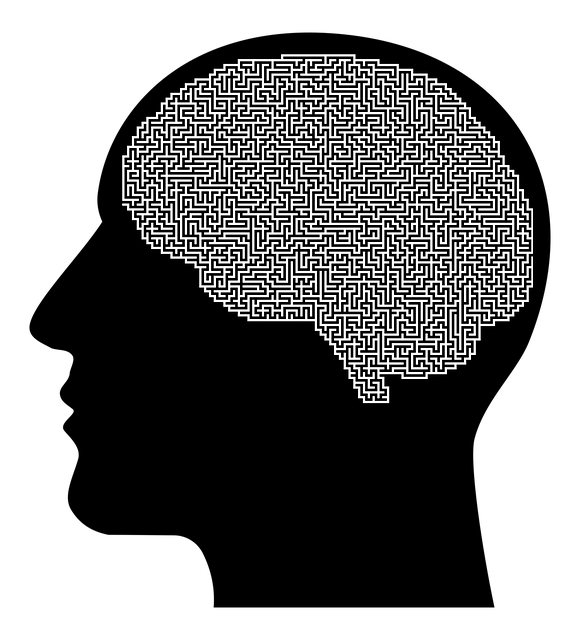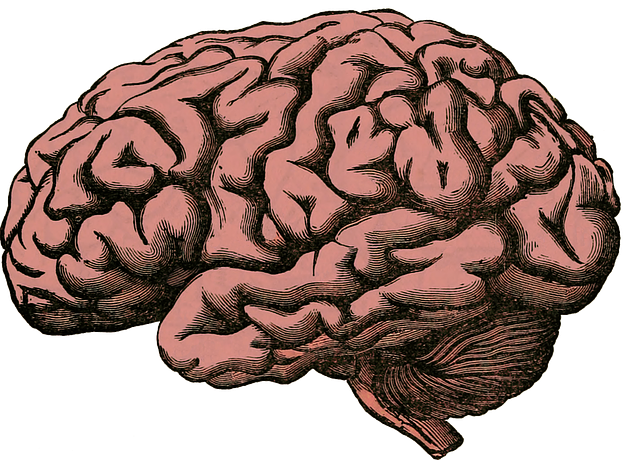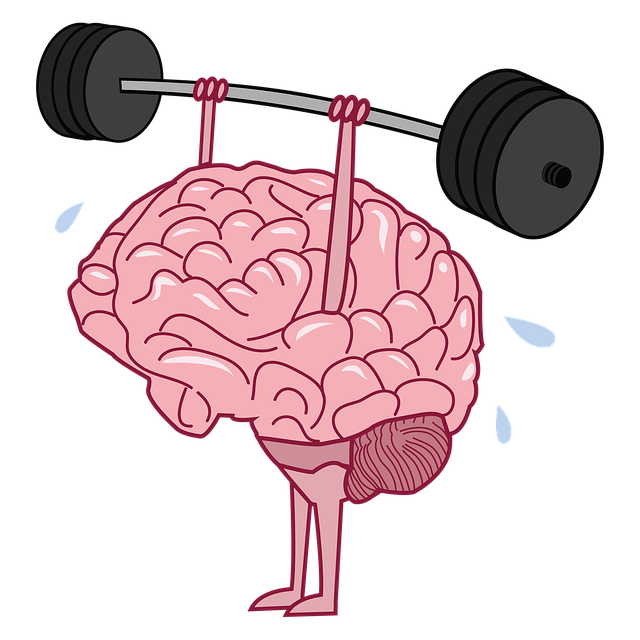Mental wellness coaching for young adults (18-35) combines goal setting, stress reduction, and mindfulness practices to overcome challenges like college stress and career transitions. Integrating family counseling into these programs addresses the impact of interpersonal relationships on mental health, fostering conflict resolution and cultural sensitivity. Tailored individual and group therapy sessions, along with evidence-based techniques, enhance open communication. Family counseling targets systemic issues, builds resilience, and promotes positive outcomes for both individuals and families, offering a comprehensive therapy for young adults approach.
Mental wellness coaching has emerged as a transformative approach for young adults navigating life’s challenges. This article delves into the development of comprehensive coaching programs, focusing on three key aspects: understanding the unique mental health needs of youth, integrating family counseling for holistic support, and designing effective therapy interventions tailored to their resilience. By exploring these components, we aim to enhance the accessibility and impact of mental wellness coaching, providing valuable insights for professionals and families alike.
- Understanding Mental Wellness Coaching for Young Adults
- Integrating Family Counseling into Coaching Programs
- Designing Effective Therapy Interventions
Understanding Mental Wellness Coaching for Young Adults

Mental wellness coaching for young adults is a specialized field that focuses on supporting individuals aged 18-35 through various challenges unique to their demographic. This includes navigating college stress, career transitions, and identity formation while fostering emotional resilience. Unlike traditional therapy or family counseling, mental wellness coaching prioritizes empowerment and self-discovery. Coaches work collaboratively with clients to identify personal goals, overcome obstacles, and develop effective coping strategies for improved mental health awareness and overall well-being.
The integration of stress reduction methods and emotional well-being promotion techniques is a cornerstone of these programs. By teaching mindfulness practices, goal setting, and problem-solving skills, coaches enable young adults to manage stress more effectively. This proactive approach not only enhances their current quality of life but also equips them with lifelong tools to maintain mental wellness in the face of life’s inevitable challenges.
Integrating Family Counseling into Coaching Programs

Integrating Family Counseling into coaching programs offers a holistic approach to mental wellness, particularly for young adults. This strategy recognizes that an individual’s well-being is deeply influenced by their family dynamics and interpersonal relationships. By incorporating therapy for young adults within counseling sessions, coaches can address not just the symptoms but also the underlying issues that may be contributing to stress, anxiety, or other mental health challenges. Such an approach fosters better conflict resolution techniques and enhances cultural sensitivity in mental healthcare practice, ensuring that each client receives personalized support tailored to their unique needs and background.
This integrated model benefits from combining the skills of a coach with the expertise of a family counselor. Coaches can help clients identify and set personal goals, while counselors provide tools for managing emotions, improving communication within families, and developing coping mechanisms for anxiety relief. This collaborative effort creates a supportive environment that encourages open dialogue, fosters positive changes in family interactions, and ultimately promotes long-term mental wellness.
Designing Effective Therapy Interventions

Designing effective therapy interventions for mental wellness coaching programs requires a nuanced approach tailored to diverse populations. For young adults, individual and group therapy sessions can be particularly beneficial. These settings foster open communication, enabling clients to explore their thoughts and emotions in a safe space. Incorporating evidence-based techniques such as emotional intelligence training and self-awareness exercises enhances the therapeutic process.
Family counseling plays a pivotal role in addressing systemic issues that contribute to mental health challenges. By involving families, therapists can provide context and support for individuals, fostering resilience building within the familial unit. This collaborative approach ensures that progress made during therapy is reinforced at home, promoting long-lasting positive outcomes.
Mental wellness coaching programs, by integrating family counseling and designing effective therapy interventions, can significantly enhance the support available for young adults. Understanding the unique mental health challenges faced by this demographic is crucial. Through tailored approaches that combine individual coaching with family dynamics, these programs offer a promising path to improving the overall well-being of young people. Incorporating evidence-based practices ensures that therapy remains accessible and impactful, addressing issues like stress, anxiety, and depression. With a focus on both the individual and their support system, mental wellness coaching can serve as a game-changer in providing comprehensive care for young adults, promoting healthier and more resilient lives.














